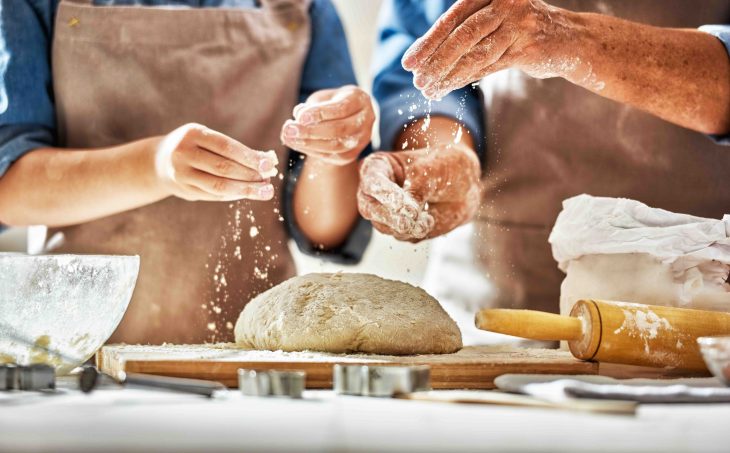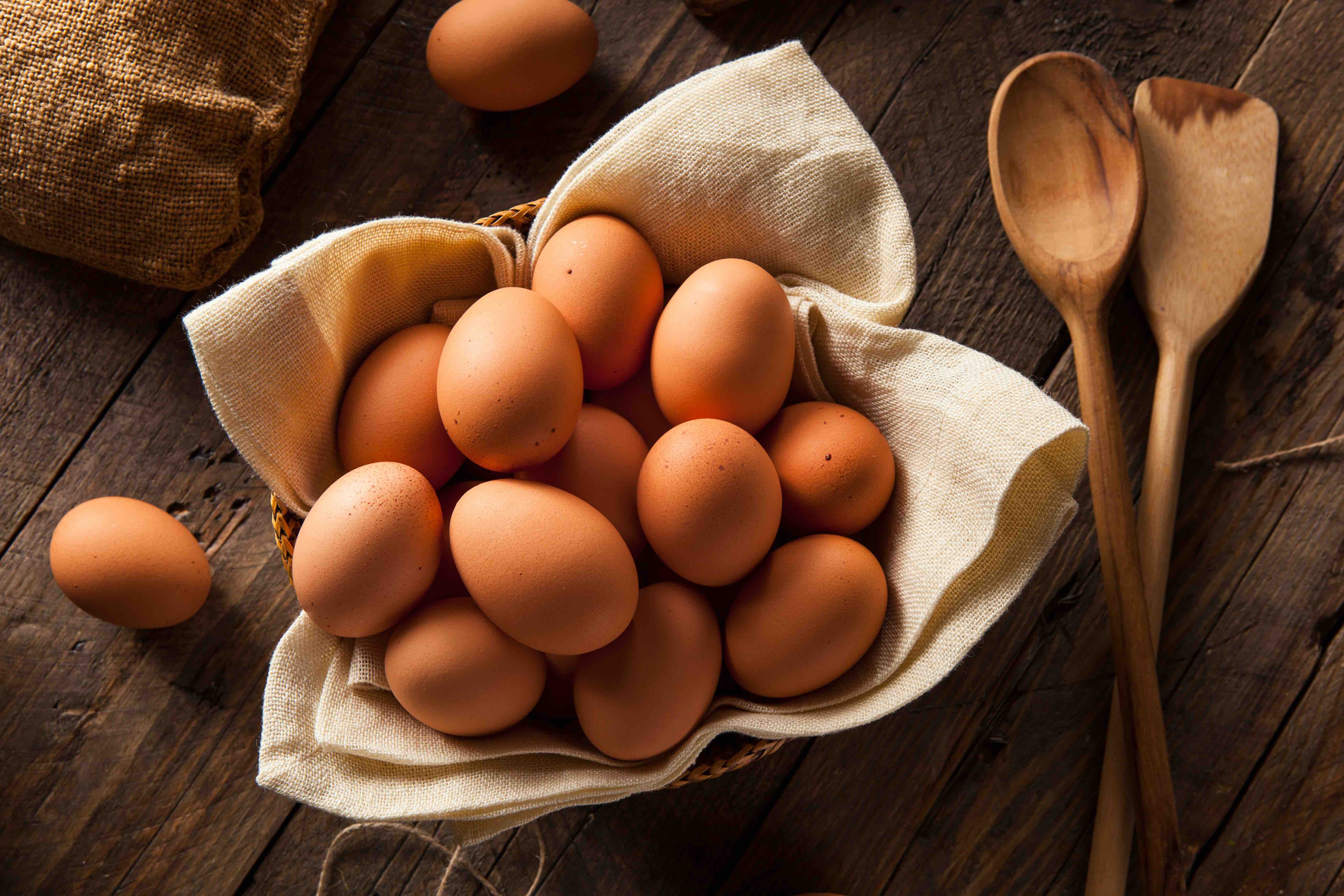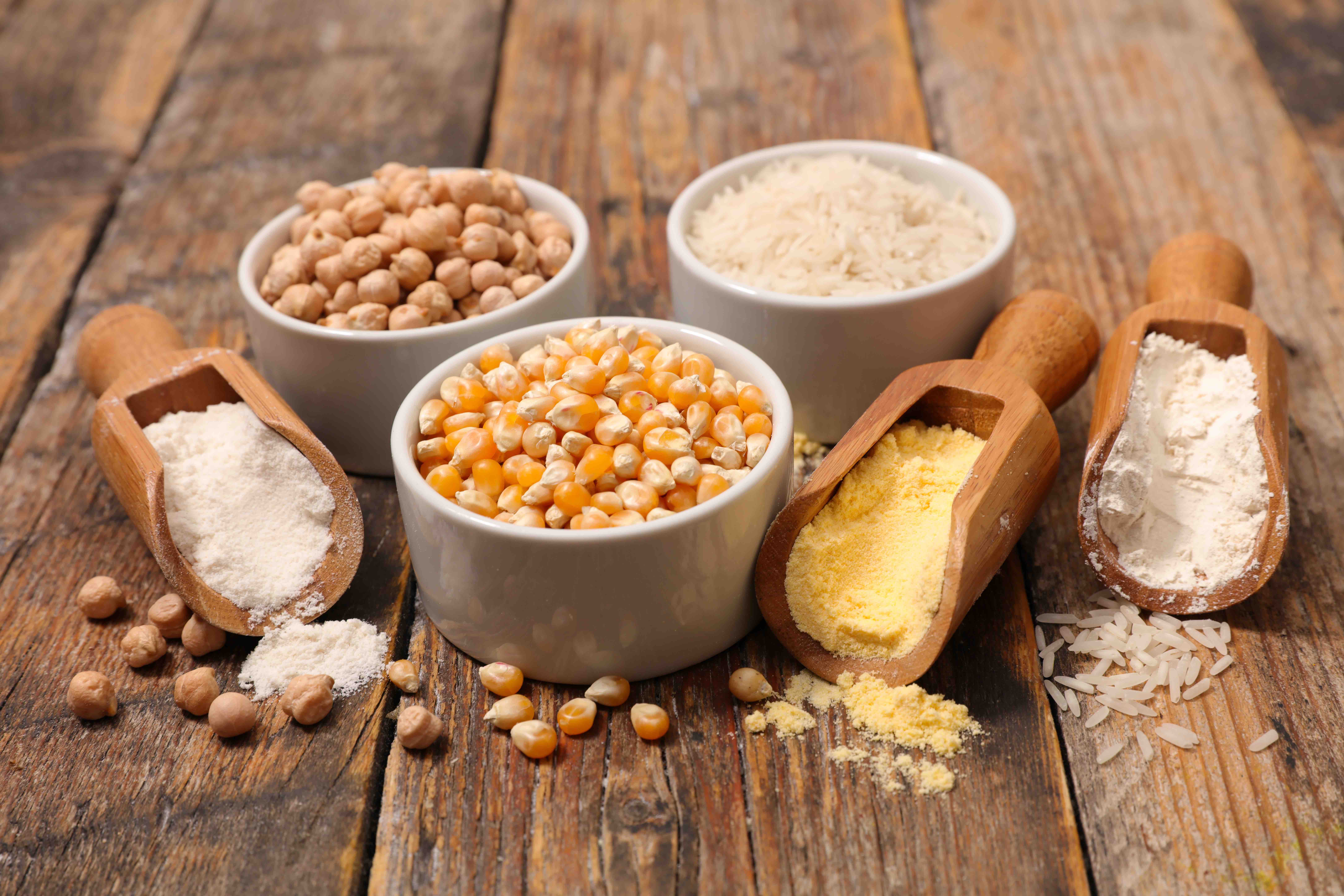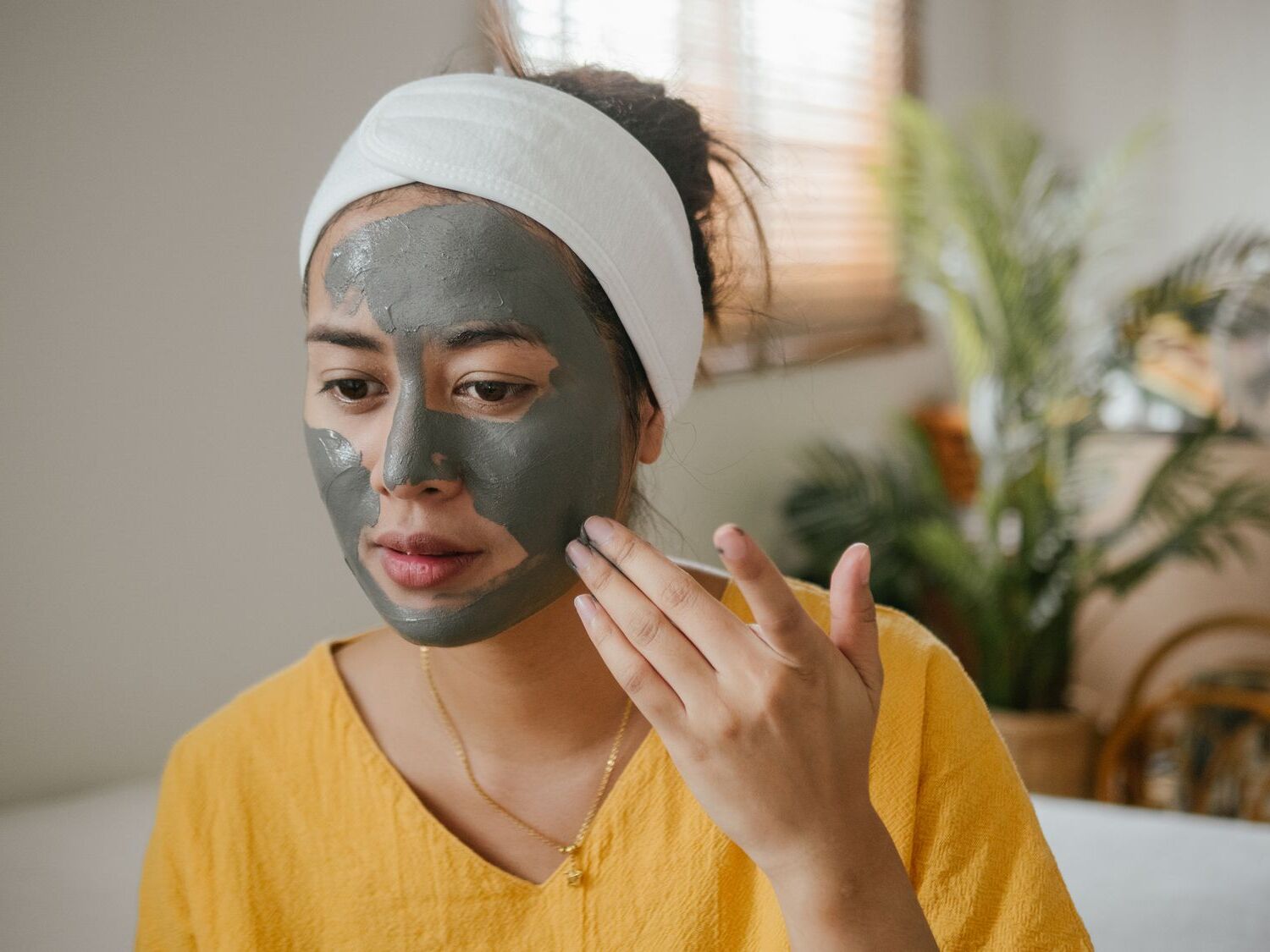
Baking is a delightful and rewarding culinary art that has been practiced for centuries. In this article, we dive into 15 fascinating facts about baking, revealing the history, techniques, and tips that make this craft so special. From the early origins of baking to the science behind perfecting recipes, we’ll explore it all with a touch of creativity and a human-like narrative to engage and captivate readers. Join us on this journey as we unravel the secrets and charm of the world of baking.
Ancient Beginnings
Baking can be traced back to ancient civilizations like the Egyptians and Romans, who developed basic bread recipes and baking techniques.
The Rise of Leavening Agents
The discovery of leavening agents such as yeast and baking powder revolutionized the baking process, resulting in lighter and fluffier baked goods.
Butter vs. Margarine
Butter and margarine are common ingredients in baking. While butter adds richness and flavor, margarine can be a suitable substitute for those looking for a dairy-free option.
The Role of Eggs

Eggs play a crucial role in baking by providing structure, moisture, and richness to baked goods. They also act as a binding agent.
The Science of Measurement
Accurate measuring of ingredients is essential in baking. The precision with measurements ensures consistent results and the perfect balance of flavors.
The Art of Mixing
Mixing techniques, such as creaming, folding, and whipping, are important in achieving the desired texture and consistency in baked goods.
The Magic of Leavening
Leavening agents like yeast, baking powder, and baking soda create the bubbles that make the dough and batter rise, resulting in light and fluffy treats.
The Mystery of Oven Temperatures
Understanding and maintaining the right oven temperature is crucial for baking success. An oven thermometer can help ensure accurate temperature control.
The Science Behind Gluten
Gluten, a protein found in wheat, plays a vital role in creating structure and elasticity in bread and other baked goods. Gluten-free alternatives are available for those with gluten sensitivities.
The Importance of Resting Dough
Resting dough allows the gluten to relax, leading to better texture and easier shaping. It also allows flavors to develop and enhances the final product.
The Art of Decorating
Decorating baked goods with icing, frosting, or intricate designs adds visual appeal and transforms simple treats into works of art.
The Joy of Flavor Combinations
Baking offers endless possibilities for flavor combinations. From classic pairings like chocolate and vanilla to unique blends like salted caramel and lavender, creativity knows no bounds.
The Rise of Alternative Flours

Alternative flours like almond, coconut, and gluten-free blends have gained popularity, offering new options for those with dietary restrictions or seeking unique flavors.
The Therapeutic Effects
Baking has therapeutic benefits, as the process of measuring, mixing, and creating can be relaxing and provide a sense of accomplishment.
The Science of Substitutions
Baking allows for ingredient substitutions to accommodate dietary preferences or restrictions. Understanding the science behind substitutions ensures successful results.
Conclusion
From its ancient origins to the art and science behind perfecting recipes, baking is a delightful and fulfilling journey. Whether you’re a seasoned baker or just starting out, the world of baking offers endless opportunities for creativity and enjoyment. Baking is a delightful blend of science, art, and tradition. So, roll up your sleeves, preheat the oven, and let your creativity soar as you embark on the wonderful world of baking. Enjoy the process and savor the delicious results of your baking adventures!
Frequently Asked Questions (FAQs)
Can I use regular flour instead of cake flour?
Yes, you can substitute cake flour with a combination of all-purpose flour and cornstarch. For every cup of cake flour, use 1 cup of all-purpose flour minus 2 tablespoons, and add 2 tablespoons of cornstarch.
Can I substitute baking powder for baking soda?
While baking powder and baking soda are both leavening agents, they cannot be used interchangeably. Baking powder contains baking soda and additional ingredients, making it suitable for recipes that don’t include acidic ingredients.
How can I make my cookies less flat?
To prevent cookies from spreading too much and becoming flat, ensure that your butter is at the right temperature (softened but not melted), chill the dough before baking, and use parchment paper or silicone baking mats to prevent sticking.
What’s the secret to a moist cake?
To achieve a moist cake, use ingredients like buttermilk, sour cream, or yogurt, which add moisture. Be careful not to overmix the batter, as this can lead to a denser texture.
Can I substitute oil for butter in baking?
Yes, you can substitute oil for butter in certain recipes. Use an equal amount of oil as the butter is called for in the recipe, but keep in mind that the texture and flavor may be slightly different.
Was this page helpful?
Our commitment to delivering trustworthy and engaging content is at the heart of what we do. Each fact on our site is contributed by real users like you, bringing a wealth of diverse insights and information. To ensure the highest standards of accuracy and reliability, our dedicated editors meticulously review each submission. This process guarantees that the facts we share are not only fascinating but also credible. Trust in our commitment to quality and authenticity as you explore and learn with us.


